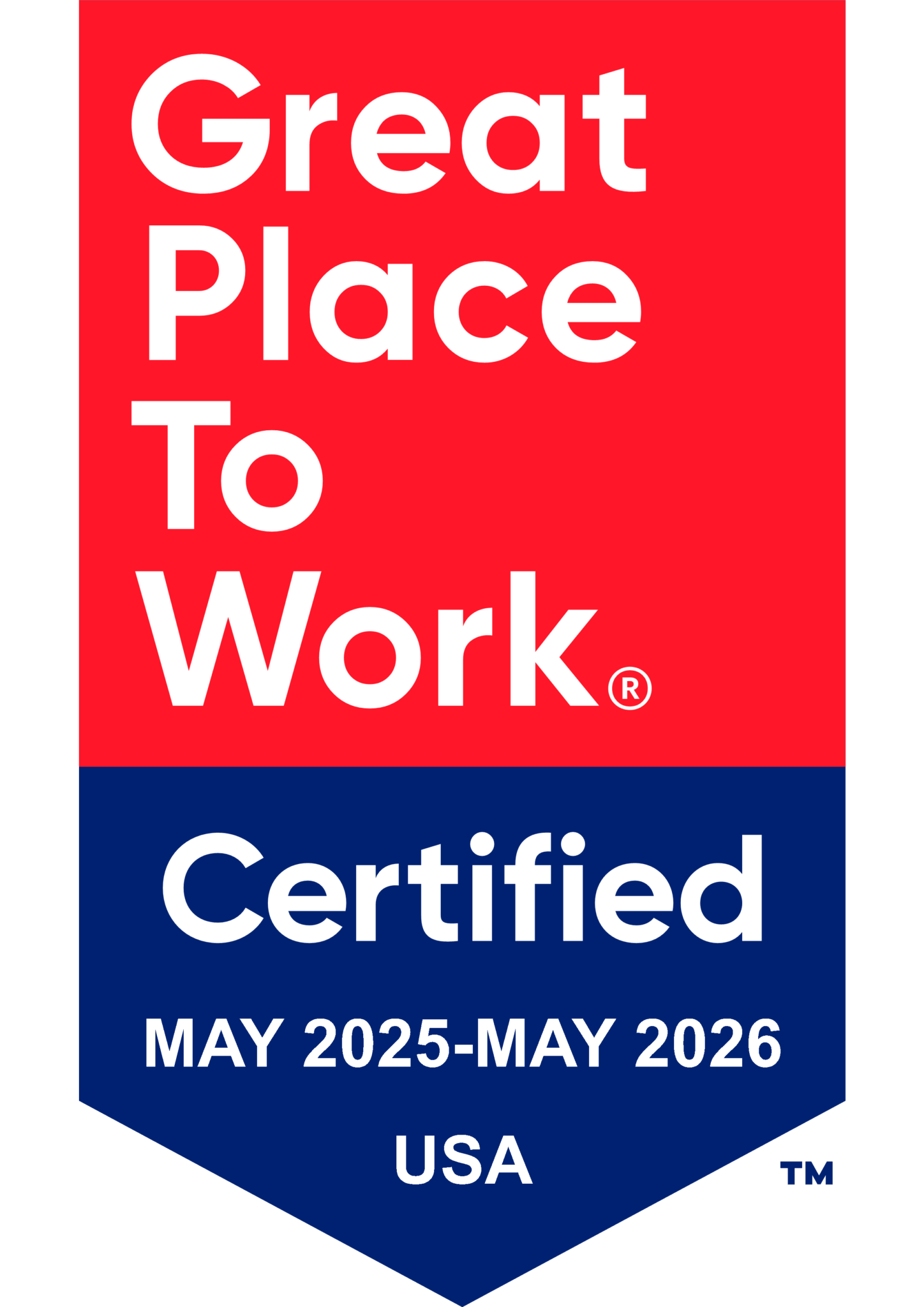When should I begin studying? How long should I study for? How often should I be studying? What are the best resources to use when studying for USMLE Step 1? These are questions every medical student runs through their head when preparing for their first USMLE exam.
Here are some quick and easy tips to think about when creating your study schedule:
Move around
The library or your kitchen table might seem like most appropriate place to study, but studying in new locations can actually improve your study regimen. Your brain will make new associations in these new locations, making it easier to remember this information when it comes time for your exam.
No more cramming
You may have gotten through high school, undergrad and maybe even medical school cramming for exams. But cramming is definitely not the best approach when it comes to the USMLE exams. It might seem productive to schedule long intensive study sessions, however, you are most likely spending more energy on concentrating than actually learning the information. By studying a topic in one sitting you aren’t signaling to the brain that the information is important. It takes many study sessions over a period of time for the information to stick. Furthermore, not fully grasping the information for the USMLE will affect your medical career down the road.
Talk about it
It is easy to curl up with your textbooks and detailed notes from medical school and read them over and over again hoping that the information will stick, but talking to someone out loud is another way to signal to the brain that the information is very important. Find a tutor to talk through these challenging concepts and have them test you on material you have already reviewed on your own. The best way to learn is to teach, so try teaching your friends, family, or roommates about what you are studying to better absorb the information.
Make sure to get enough sleep
You won't be able to perform your best if you are nodding off during the exam. The best food for your brain to focus isn't caffeine, it's sufficient rest and time to wind down. For the 3-4 nights leading up to the USMLE, get at least 6-8 hours of sleep to ensure highest productivity on the day of the exam.
Most importantly, don’t wait until the last minute to develop a study plan and schedule to follow! To get additional assistance and to create a personalized study plan, explore Residents Medical's USMLE 1-on-1 pathway.
Are You Next?™



